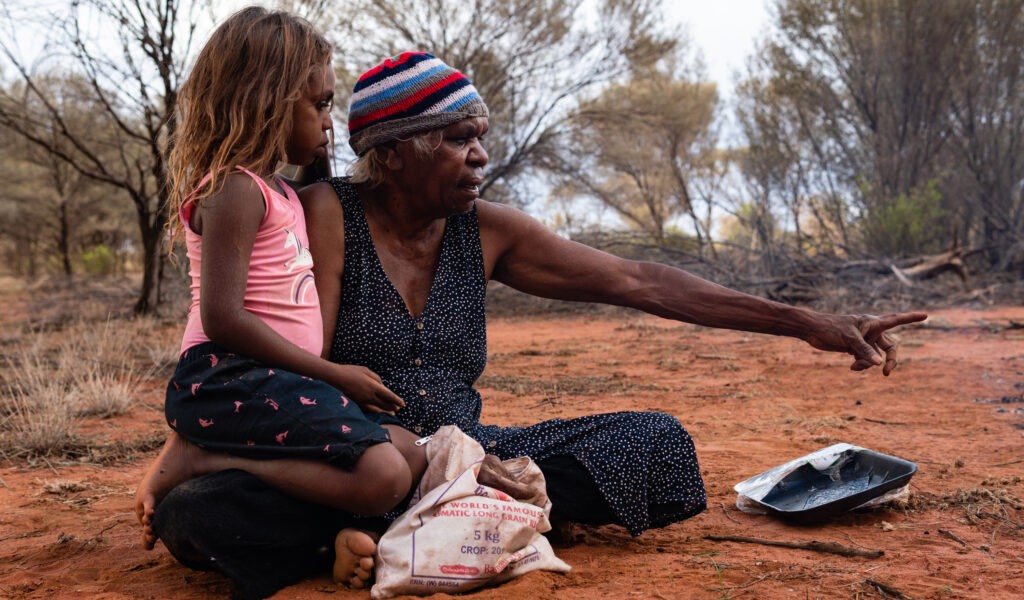A staggering two-thirds of Australian women (69%) find themselves grappling with financial stress, in stark contrast to 49% of men, highlighting ongoing economic inequality.
An International Women’s Day Report by comparison website Finder delves deep into the chasm separating men and women in terms of financial stability.
It found over 42% of female homeowners encountered difficulties in meeting mortgage payments in January 2024.

The report underscores that women are 40% more likely than men to be burdened by financial stress induced by the cost of living. With over 7 million women navigating financial hardship, many struggle to stay afloat amidst mounting bills.
Drawing insights from a comprehensive array of data sources, including Finder’s Consumer Sentiment Tracker (CST), the Australian Bureau of Statistics (ABS), and the Workplace Gender Equality Agency (WGEA), the report paints a vivid picture of the financial challenges confronting women.
Additionally, the report highlights a disheartening trend: approximately 59% of women express a diminished sense of enjoyment in life compared to a year ago due to the weight of financial pressures, while only 48% of men report similar sentiments.
Women also find themselves lagging behind in terms of cash savings, with a striking 53% less in total savings compared to men, according to Finder’s Consumer Sentiment Tracker.
Sarah Megginson, a personal finance expert at Finder, shed light on the dire situation.
“The cost of living crisis has left many women with high levels of money stress. Millions of women have found themselves experiencing higher levels of financial worry, especially as rents and mortgages have soared, putting a lot of pressure on your budget.”
She continued, “Recent gender pay gap stats confirm that progress is being made for women in the workplace, but women still routinely earn less than men when performing the exact same roles. They still retire with far less superannuation than men.”

